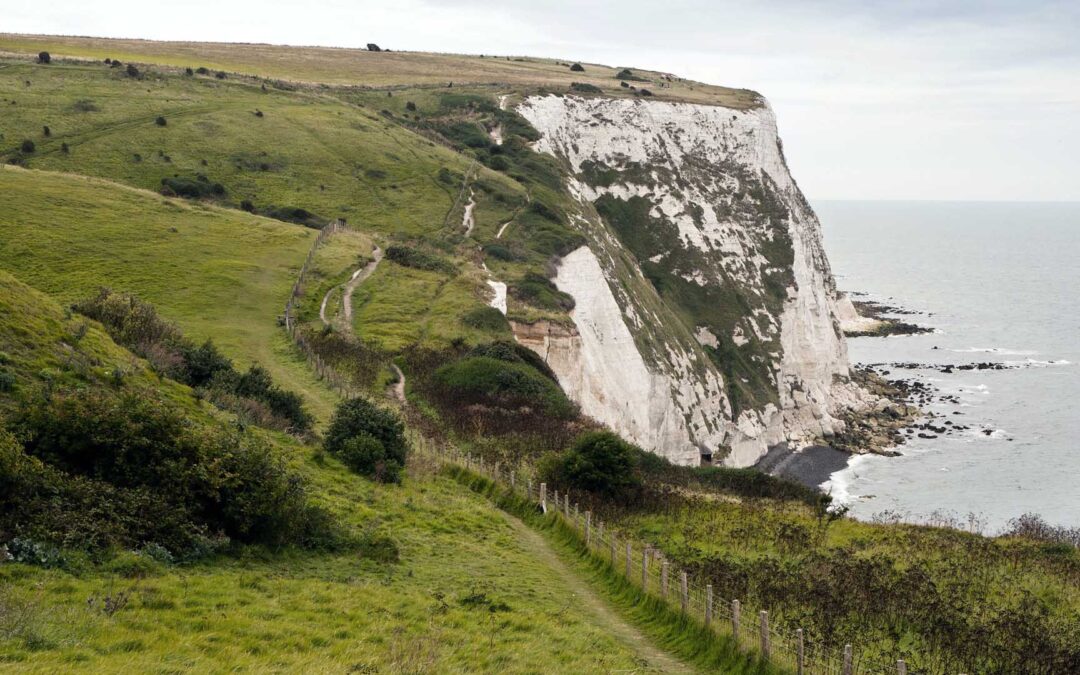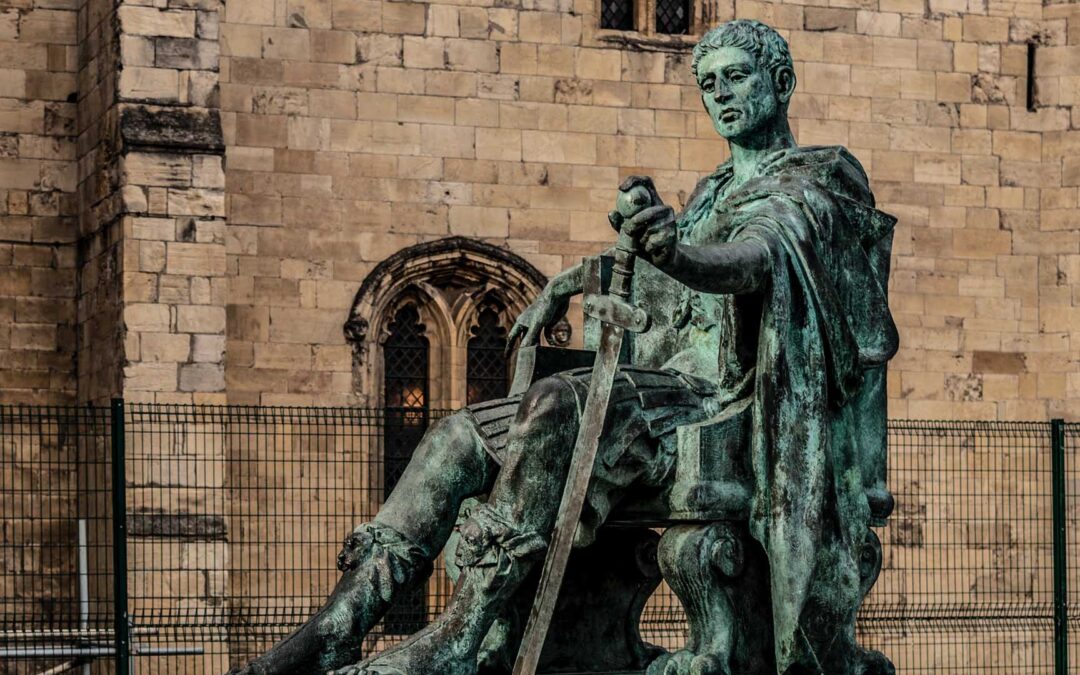
Apr 28, 2021 | Sabbath Timeline
The twelfth-century Pasaginians of Western Europe observed the seventh-day Sabbath. A Catholic document from about 1200 AD describes the Pasaginians as “opposing us in general, then in particular, as concerning the observance of the Sabbath, circumcision, the...

Apr 28, 2021 | Sabbath Timeline
From the end of the eighth century to the twelve century, the Athinganio, or “touch nots” of Phrygia in Asia Minor, were accused of being neither Christians nor Jews because they observed the seventh-day Sabbath but did not practice circumcision.

Apr 28, 2021 | Sabbath Timeline
Early Christians in the British Isles observed the seventh-day Sabbath, at least until the eleventh century when Roman influence led to a marginalization of Sabbath observance in favor of Sunday observance. Historian William Skene noted that in the early centuries,...

Apr 28, 2021 | Sabbath Timeline
Around the year 600 AD, Pope Gregory I denounced as preachers of Antichrist those who were teaching in Rome that work should not be done on the Sabbath, in accordance with the Fourth Commandment. He wrote, “It has come to my ears that certain men of perverse spirit...

Apr 28, 2021 | Sabbath Timeline
The Roman emperor Constantine legalized Christianity in 313 AD. In 321 AD he passed a law for the protection of Sunday as a day of worship and rest. The law stated, “On the venerable Day of the sun let the magistrates and people residing in cities rest, and let all...

Apr 28, 2021 | Sabbath Timeline
A growing number of Christians observed both Sabbath and Sunday during the fourth and fifth centuries. The so-called Apostolic Constitutions from the fourth century taught that the Sabbath ought to be observed because it is the memorial of creation, and that slaves...







